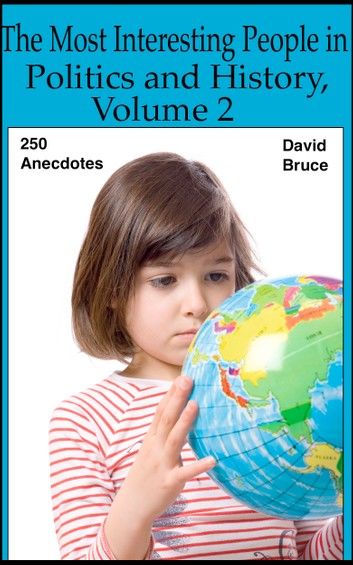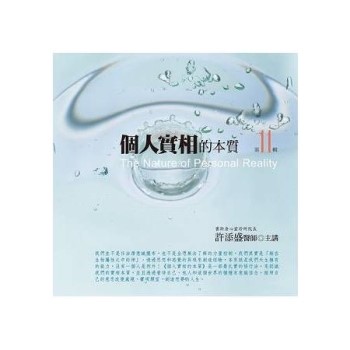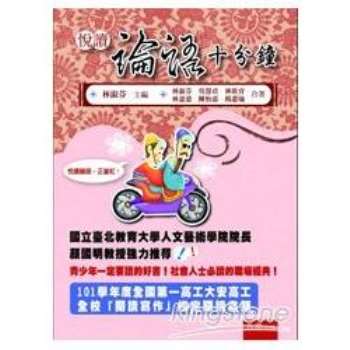圖書名稱:The Most Interesting People in Politics and History, Volume 2: 250 Anecdotes
Some samples: 1) In 2008 in San Francisco, a group known as the Presidential Memorial Commission of San Francisco wanted to change the name of the Oceanside Water Pollution Control Plant. Because of President George W. Bush’s record as overseer of the country’s welfare, they wanted the sewage treatment plant’s name changed to the George W. Bush Sewage Plant. To do that, they submitted to San Francisco election officials over 10,000 signatures in order to get their initiative on the ballot. According to organizer Brian McConnell, “We think that it’s important to remember our leaders in the right historical context. In President Bush’s case, we think that we will be cleaning up a substantial mess for the next 10 or 20 years. The sewage treatment facility’s job is to clean up a mess, so we think it’s a fitting tribute.” In the opinion of this writer, Mr. McConnell is optimistic. It will take much longer than 10 to 20 years to clean up President Bush’s mess. To be fair to President Bush, he did what he set out to do—transfer much more of the nation’s wealth to the already wealthy. President Bush simply did not and does not care about non-wealthy people like the author of his book. 2) Apple Macintosh was introduced to Americans in 1984 in a TV commercial that aired during the Super Bowl. The commercial opened with the face of Big Brother projected hugely on a TV screen, telling the zombie-like masses, “For today, we celebrate the first glorious anniversary of the Information Purification Directives. We have created, for the first time in all history, a garden of pure ideology where each worker may bloom secure from the pests of contradictory and confusing truths. Our Unification of Thought is more powerful a weapon than any fleet or army on earth.” As Big Brother speaks, a woman carrying a sledgehammer runs into the room of zombies as she is pursued by the Thought Police. She throws the sledgehammer into the TV screen, which explodes. The commercial ends with the announcer saying, “On January 24, Apple Computer will introduce Macintosh. And you’ll see why 1984 won’t be like '1984.'” The commercial was almost not shown during the Super Bowl. The directors of Apple disliked the commercial, and wanted the advertising agency to sell the two Super Bowl time slots it had purchased for commercials. The agency, Chiat/Day, sold one slot, but lied and said it could not sell the other. The commercial ran in that slot, and it was wildly successful in launching Macintosh. 3) In 1959, poet Adrienne Rich gave birth to her third child (all of her children were sons), and she decided to have herself sterilized. These days, such a decision is not especially controversial, but back then some people greatly disapproved. Ms. Rich remembers, “When I awoke from the operation, a young nurse looked at my chart and remarked coldly, ‘Had yourself spayed, did you?’”










